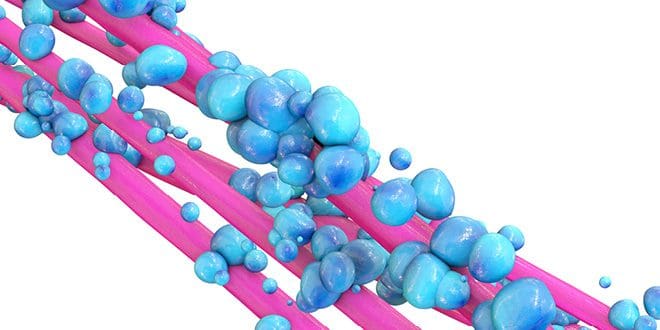Changes In Intestinal Bacteria Linked To Sclerosing Cholangitis
Sclerosing cholangitis is a severe autoimmune liver disease. It has the potential to cause serious harm to the bile ducts of the liver, and a small fraction of patients end up requiring a liver transplant.
An autoimmune disease is where a person’s own immune system produces antibodies and inflammatory chemicals that attack their own body. In time, this damage can lead to permanent scarring and impaired liver function. When the bile ducts become inflamed this can impair the transport of bile from the liver to the intestines. Most people with the disease require powerful medication to suppress their immune system.
There is a strong association between sclerosing cholangitis and the bowel diseases Crohn’s disease and ulcerative colitis. Both of those diseases are also autoimmune. People who have one autoimmune disease are at significant risk of developing more.
New research has shown a link between adverse changes in the composition of a person’s gut microbes and subsequent development of sclerosing cholangitis. The results have been published in the leading scientific journal called Gut.
According to lead researcher Professor Jeroen Raes, “Using massive DNA sequencing, we compared the gut bacteria in patients with PSC and in healthy people. Based on the differences found, we could develop a signature to diagnose PSC based on gut bacteria. Although very promising, our findings now need to be confirmed before they can be used in clinical practice.” More research is required, but in the future the doctors hope to use specific strains of probiotics and prebiotics in the treatment of this serious disease.
This is not surprising because approximately 80 percent of your immune cells reside in your intestines. We all have around 3 pounds of microorganisms in our intestines, and the specific composition influences how your immune system behaves. Improving the composition of your gut bugs is a powerful tool in the management of autoimmune disease.


Leave A Comment